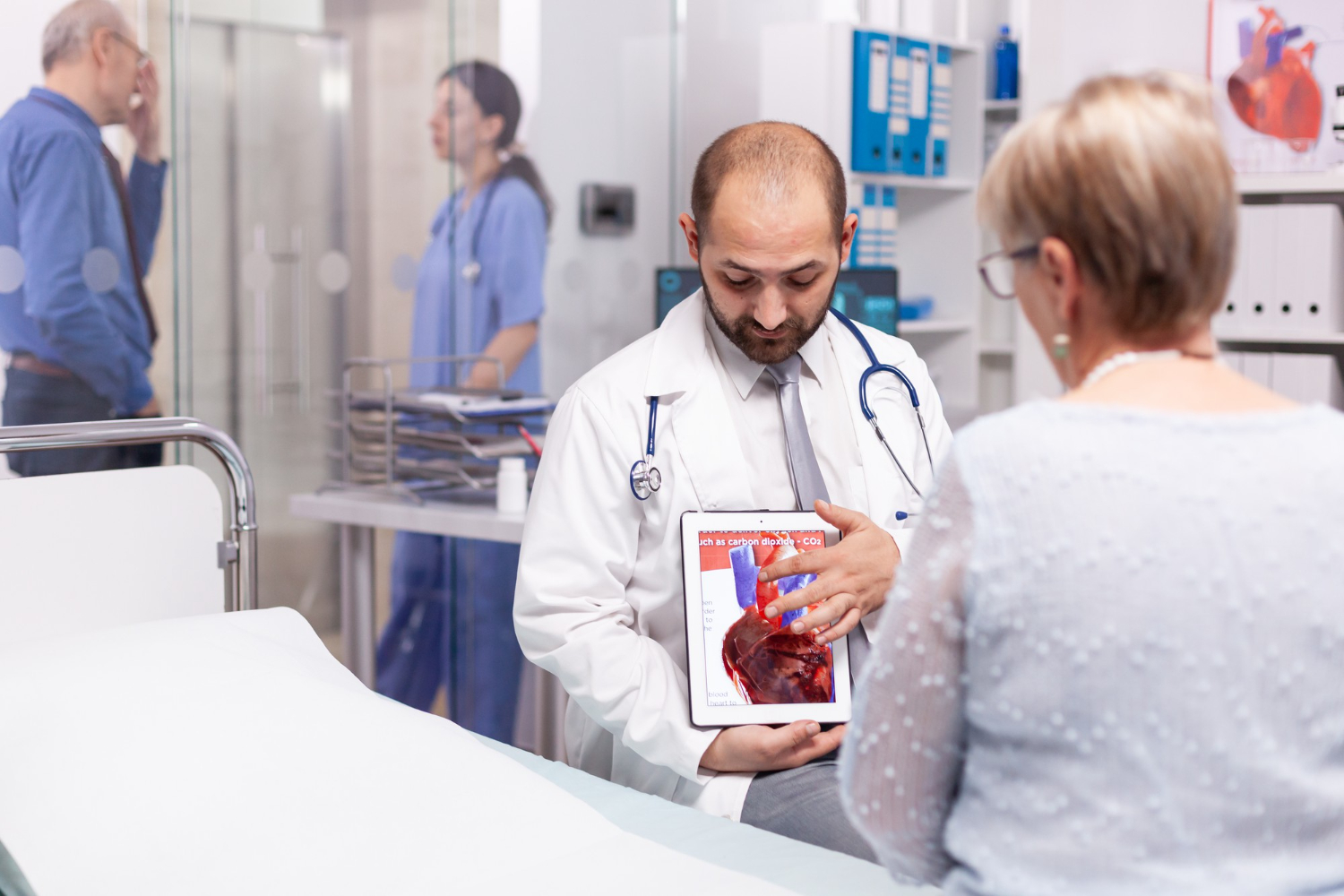
Introduction
Deaconess Health System, based in Evansville, Indiana, has achieved remarkable success with its latest patient portal enhancement. By integrating organ donor registration directly into its MyChart platform, the health system has revolutionized how patients can make life-saving decisions. Since launching this innovative tool in August, more than 1,000 patients have registered as organ, eye, and tissue donors, demonstrating the power of accessible digital healthcare solutions.
The Digital Solution for Donor Registration
The healthcare industry continues to embrace digital transformation, and Deaconess Health System’s latest initiative exemplifies this trend. The MyChart patient portal enhancement removes traditional barriers to organ donor registration by bringing the process directly to patients where they already manage their healthcare information.
Streamlined User Experience
The integration leverages existing patient data within the MyChart system, eliminating the need for redundant information entry. This streamlined approach makes the registration process quick and efficient, taking just minutes to complete. Patients can make this potentially life-saving decision from the comfort of their homes, during a routine portal visit, or while checking test results.
Impressive Registration Numbers
The response to this new feature has exceeded expectations. With over 1,000 registrations in just a few months, Deaconess has demonstrated that removing friction from the donor registration process significantly increases participation rates.
National Recognition
According to a November 3 news release from Deaconess Health System, this achievement has positioned the organization as the sixth-highest registration total among all U.S. health systems utilizing MyChart. This ranking is particularly impressive considering the thousands of healthcare organizations across the country using the Epic Systems patient portal platform.
How the Integration Works
The donor registration tool connects directly with the National Donate Life Registry, the official national database for organ, eye, and tissue donation. Patients can specify their preferences for donation purposes, including:
Registration Options
- Transplantation: Organs and tissues for patients awaiting life-saving transplants
- Research: Contributing to medical research and scientific advancement
- Education: Supporting medical training and educational programs
Privacy and Clinical Workflow
An important feature of this integration is its design for patient privacy. The registration status is not visible to clinicians within the electronic health record system, ensuring that medical care decisions remain completely separate from donor registration status. This separation maintains the integrity of clinical care while empowering patients to make personal decisions about donation.
Benefits for Patients and Healthcare Systems
Jared Antczak, chief digital transformation officer at Deaconess, emphasized that the primary goal of this integration is accessibility. By meeting patients where they already are—within their trusted patient portal—the health system removes common obstacles to registration.
For Patients
- Convenient registration from any device
- Secure, private decision-making
- No additional paperwork or office visits required
- Immediate confirmation of registration status
For Healthcare Organizations
- Increased community engagement
- Enhanced public health contribution
- Improved digital patient experience
- Positive brand recognition
National Impact and Rankings
The success at Deaconess reflects a broader trend in healthcare toward leveraging technology for public health initiatives. While thousands of people die each year waiting for organ transplants, increasing the donor registry through accessible digital tools can help address this critical shortage.
The sixth-place national ranking among MyChart-using health systems demonstrates that thoughtful implementation and patient engagement strategies can yield significant results, even for mid-sized healthcare organizations.
Other Health Systems Following Suit
Deaconess is not alone in recognizing the potential of patient portal integration for donor registration. Several other health systems have implemented similar solutions in recent months, signaling a growing movement in healthcare.
Regional Leaders
LCMC Health in New Orleans became the first health system in Louisiana to add organ donor registration capabilities to its MyChart portal this year. Similarly, Tampa General Hospital in Florida pioneered this approach in its state, demonstrating how healthcare organizations can lead their communities in public health initiatives.
These implementations suggest that patient portal-based donor registration may become a standard feature across healthcare systems nationwide.
The Future of Digital Healthcare Engagement
The success of organ donor registration through MyChart points to broader opportunities for patient engagement through digital platforms. As patients become increasingly comfortable managing their healthcare online, portals can serve as gateways for various health-related decisions and programs beyond traditional clinical care.
Future applications might include:
- Advance directive registration
- Clinical trial enrollment
- Community health program participation
- Preventive health screening reminders
Conclusion
Deaconess Health System’s MyChart organ donor registration tool represents a significant step forward in both digital healthcare and public health. By achieving over 1,000 registrations since August and ranking sixth nationally among health systems, Deaconess has proven that technology can remove barriers to life-saving decisions. As more healthcare organizations follow this model, the potential to increase organ donor registrations and ultimately save lives continues to grow.

Leave a Reply